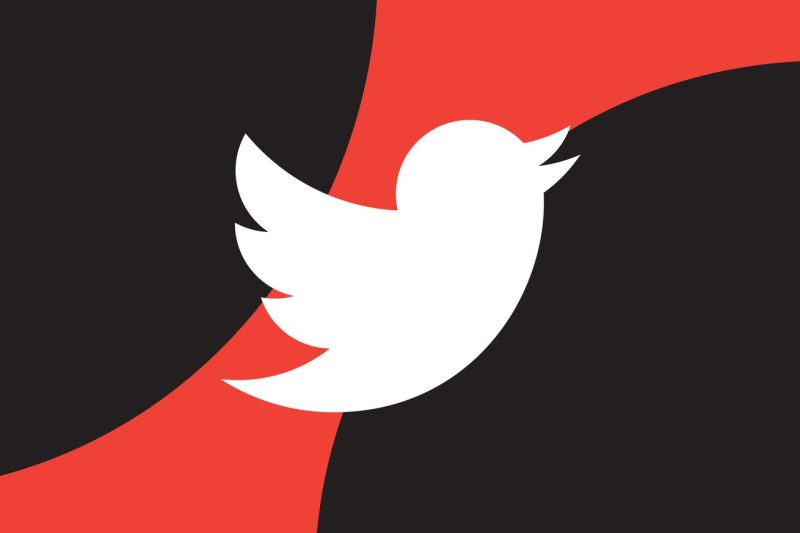
Unveiling the Next Big Thing: Explore Alternative Social Media Platforms
In the digital age, social media has become a ubiquitous part of our everyday lives. With platforms like Twitter dominating the landscape, there is a growing interest in alternative social media platforms that offer unique features and services. These platforms aim to carve out their own niche in the market by providing users with new ways to connect, share content, and engage with others online.
One such platform that has been generating buzz in the tech world is Mastodon. Launched in 2016, Mastodon is an open-source social media platform that functions as a decentralized network of interconnected servers, known as instances. Unlike traditional social media platforms that are operated by a single company, Mastodon allows users to create their own instances or join existing ones, giving them more control over their data and privacy. With its focus on decentralization and community moderation, Mastodon has attracted a dedicated user base who appreciate its commitment to user autonomy and free speech.
Another emerging player in the alternative social media space is Minds. Founded in 2011, Minds positions itself as a platform that champions free speech, privacy, and user empowerment. One of its standout features is its blockchain-based rewards system, which incentivizes users to create and engage with content by earning tokens that can be exchanged for goods and services. Minds also differentiates itself by offering encrypted messaging, group channels, and a range of privacy settings that give users greater control over their online experience.
For those looking for a social media platform that emphasizes visual storytelling, Vero may be the answer. With a clean and minimalist interface, Vero focuses on showcasing high-quality photographs, videos, and artwork in a chronological feed. Unlike platforms like Instagram, Vero does not use algorithms to prioritize content, giving all posts equal visibility. In addition, Vero boasts an ad-free experience and promises not to mine user data for targeted advertising, making it an attractive choice for those concerned about privacy and data security.
As the landscape of social media continues to evolve, it is evident that users are seeking alternatives to the established platforms that dominate the market. Whether it be through decentralization, blockchain technology, or a focus on visual content, these alternative social media platforms offer new possibilities for online communication and community building. By exploring these platforms and supporting innovation in the social media space, users can help shape the future of how we connect and interact in the digital age.
